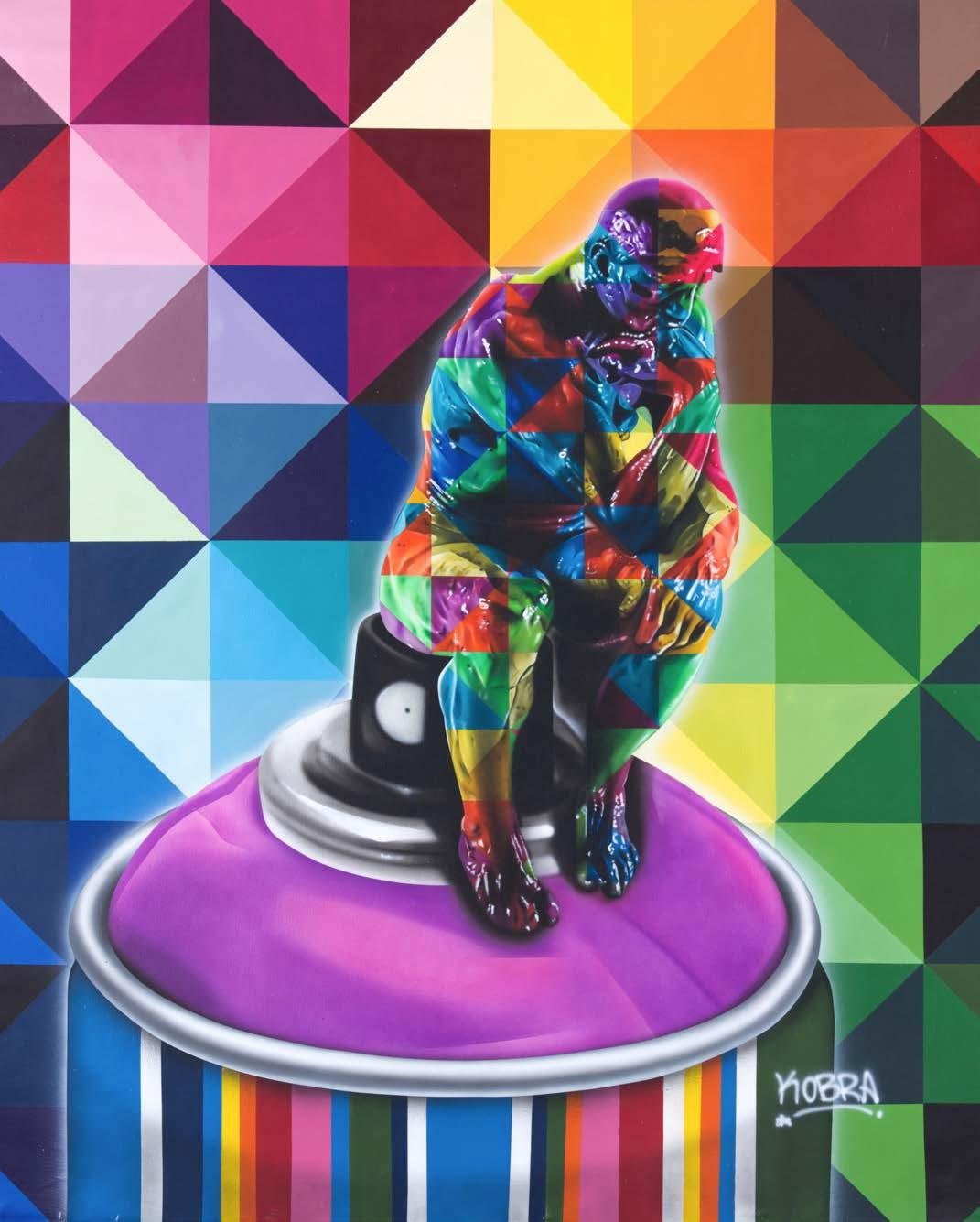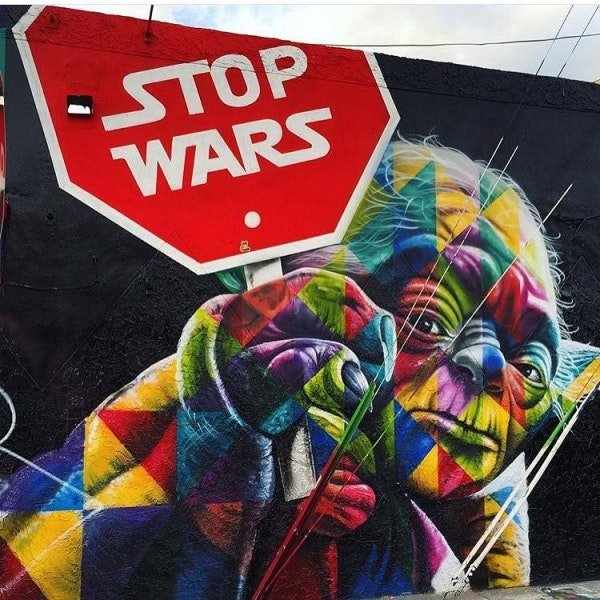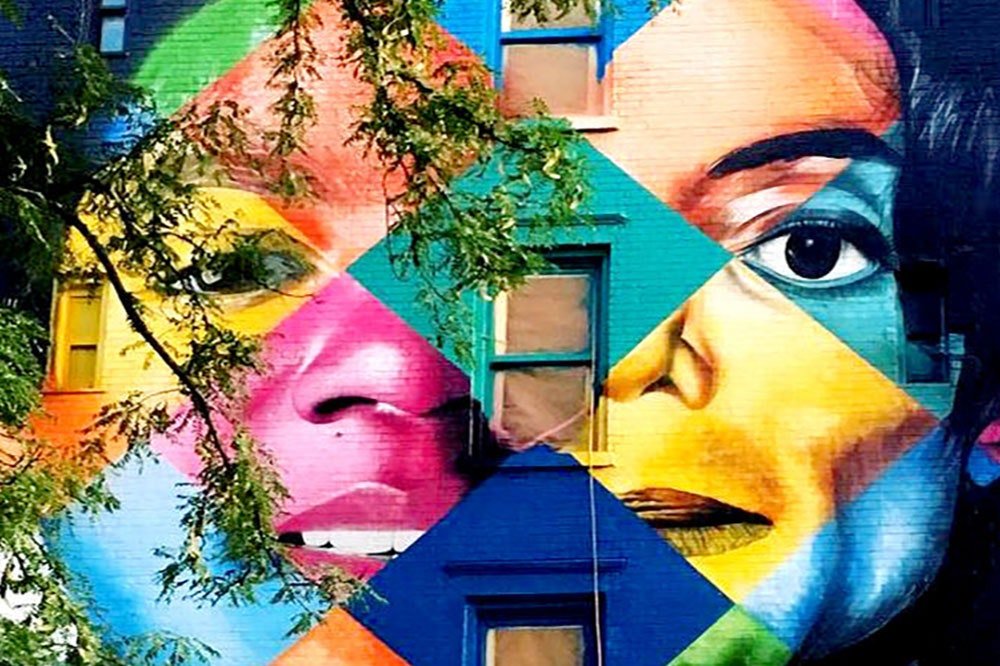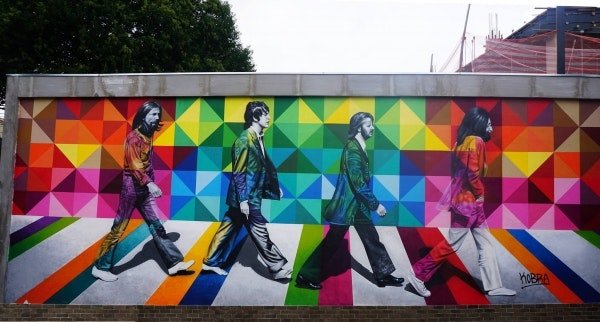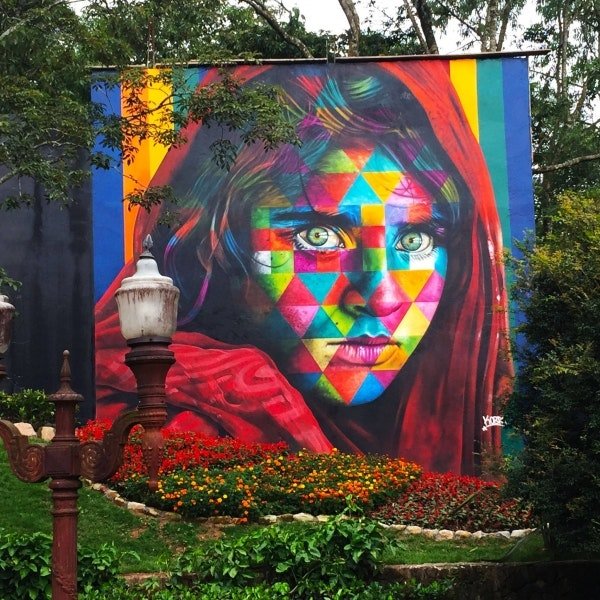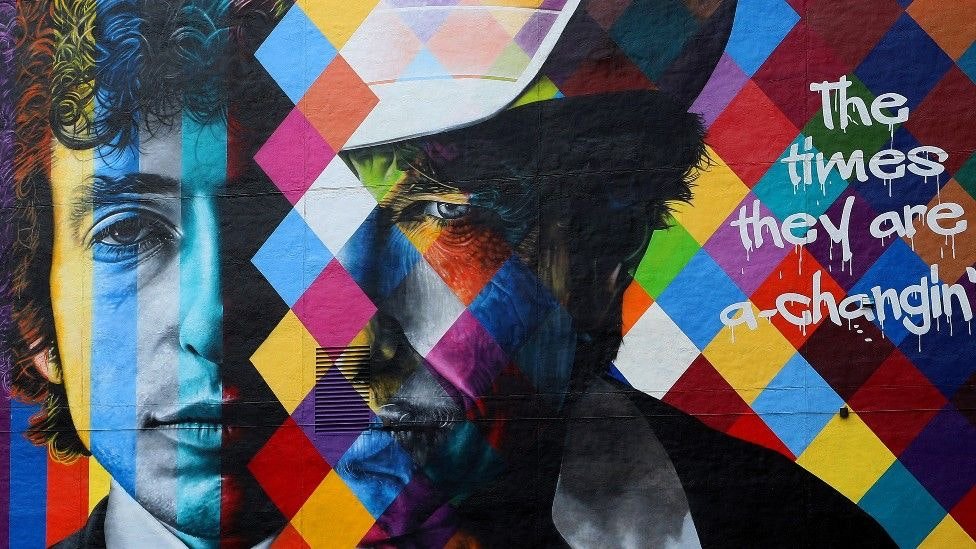Decisions!
At work and in life we are called upon to make many decisions.
Here are some thoughts on the topic.
“The difficulty in life is the choice”
The author George Moore used this phrase to describe the challenges of making a demanding decision.
Certain big choices can define a person’s character or destroy everything they stand for. The choice can lead to a life of happiness or the fall of an individual.
Similarly in business companies often find themselves in a “bet the farm” decision that could determine the trajectory of their future success.
Many decisions are difficult.
Even sometimes what seem to be inconsequential ones.
The Paradox of Choice
In 2005 Barry Schwartz wrote a seminal book called “The Paradox of Choice “whose basic insight was that industry is built on giving us more choices, but people want fewer choices.
More choices freeze people in being unable to decide what they should choose. Then after they choose, they wonder whether the other choice was better. Or they are often asked to choose without having the ability to make the right decision (like a doctor providing the risks and benefits of two or three different treatments and then instead of deciding which one makes sense delegating the decision to the patient).
If you have 15 minutes watch this seminal talk (or read the transcript) by Barry Schwartz at TED. It holds true nearly 20 years later as we have many more choices.
All financial decisions if perfection is the goal are always very wrong.
In hindsight every financial choice one makes will prove to be in some range of wrong.
A stock should not have been sold so early or why did not one sell it as soon as it went into decline? Why did we buy so little or why did we buy so much?
Time will reveal every allocation between different asset classes was far less than optimum. Either one was too diversified or too concentrated.
From deciding to buy a home, to locking in an interest rate time will prove us that all of us were wrong if perfection or optimization was the goal.
Instead of goals of profit maximization, perfect mix and zero regret it may make more sense to aim for “enough”, “do not risk going broke” and remembering that money is what gives us options in life but is not life itself.
If only we had made a different choice!
In “Summer Storm” a short poem by Dana Gioia the protagonist recalls a meeting two decades ago at a wedding reception with someone they connected with for a few minutes and never saw again.
Why does that evening’s memory
Return with this night’s storm —
A party twenty years ago,
Its disappointments warm?
There are so many might have beens,
What ifs that won’t stay buried,
Other cities, other jobs,
Strangers we might have married.
And memory insists on pining
For places it never went,
As if life would be happier
Just by being different.
Imaginary Choices.
Moments in time that we believe were decision points but really are nothing but moments in our memory that are decisive and reverberate for the rest of our lives like …that girl in the white dress in Citizen Kane…
The Speed of Choice: High Tea or Espresso Coffee?
There are two styles of decision-making High Tea and Espresso Coffee.
Most companies and people utilize both styles depending on the situation.
The High Tea style of decision making is one of percolation and process. It takes time and many people are involved, and it goes up and down an organization.
The Espresso Coffee style is fast and focused with a bias for action.
Depending on what is being decided, the financial implication of a right or wrong decision and the ability to change one’s mind should determine which beverage preparation style is being used.
Decisions of strategy that will impact many people and cost a lot and be hard to walk back probably needs some High Tea approach. Decisions that are not interconnected to large parts of the organization, cost a little, can be stopped or reversed quickly should probably be espresso style.
Too many organizations unfortunately treat espresso decisions as high tea decisions.
Oddly as the world accelerates, we often see a great percolation where too many decisions are being group groped and slow marched.
What is fascinating is that so many small decisions are requiring so much time and people input that the human and time capital spent in evaluating the decision is many multiples of the cost or the risk of the decision being taken.
Let’s pick the right beverage style makes sense when deciding to decide.

